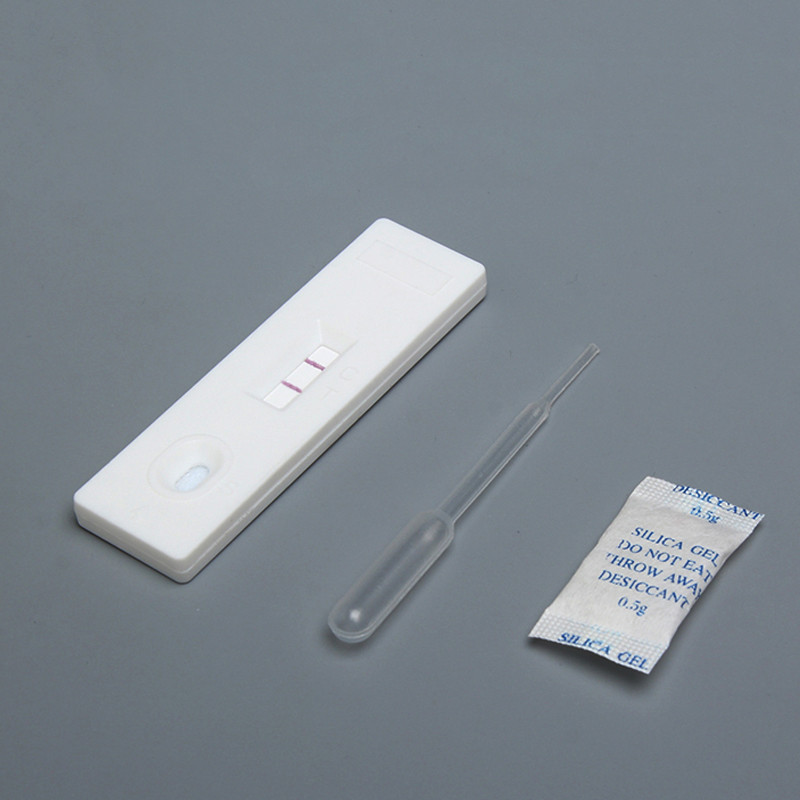Nov . 05, 2024 12:31 Back to list
best diagnostic test for malaria suppliers
Best Diagnostic Tests for Malaria Suppliers and Innovations
Malaria remains a significant global health concern, particularly in tropical and subtropical regions. The disease, caused by Plasmodium parasites and transmitted by Anopheles mosquitoes, leads to substantial morbidity and mortality, particularly among vulnerable populations. Accurate and timely diagnosis is critical for effective malaria management, treatment, and control. This article explores the best diagnostic tests available for malaria, their suppliers, and the latest innovations in the field.
Types of Diagnostic Tests for Malaria
1. Microscopy Traditional malaria diagnosis often employs microscopy, where a blood sample is examined under a microscope to identify the presence of Plasmodium parasites. Although highly specific and sensitive when performed by trained personnel, microscopy requires significant expertise and can be time-consuming.
2. Rapid Diagnostic Tests (RDTs) In recent years, RDTs have gained popularity due to their ease of use and quick turnaround time. These tests detect specific antigens produced by malaria parasites in the blood. They can provide results within 15-20 minutes and can be used in remote or resource-limited settings. Suppliers such as SD Biosensor, Abbott, and HRL Holdings have developed RDTs that are widely used in various healthcare settings.
3. Molecular Diagnostics This newer approach, including Polymerase Chain Reaction (PCR) tests, offers significant sensitivity and specificity. PCR can detect even low levels of malaria DNA, making it useful in asymptomatic cases and for epidemiological studies. However, the complexity and cost of equipment can limit its widespread use. Key suppliers of molecular diagnostic equipment include Roche and Qiagen.
4. Serological Tests Serology involves detecting antibodies against malaria parasites in the blood. Although not commonly used for diagnosis, these tests can be valuable in understanding epidemiological patterns of malaria transmission and evaluating interventions. Companies like Abbott and Siemens develop serological assays that can aid in malaria research and surveillance.
Notable Suppliers of Malaria Diagnostic Tests
Several suppliers stand out in the market for malaria diagnostic tests, offering various solutions to meet the needs of healthcare providers worldwide
- SD Biosensor Known for its high-quality RDTs, SD Biosensor has been a key player in providing reliable malaria diagnosis in endemic regions. Their tests are recognized for their accuracy and ease of use.
- Abbott Abbott offers a comprehensive range of diagnostic solutions, including both molecular and serological tests
. Their commitment to innovation and quality makes them a leading supplier in the diagnostic field.best diagnostic test for malaria suppliers

- Roche A leader in molecular diagnostics, Roche produces advanced PCR solutions that enhance the detection and treatment of malaria, facilitating better public health responses.
- HRL Holdings This Australian company manufactures RDTs that are specifically designed for malaria detection, contributing to the goal of reducing malaria transmission in affected areas.
Innovations and the Future of Malaria Diagnostics
Innovation in malaria diagnostics is crucial for improving disease management. Recent advancements focus on enhancing the sensitivity and specificity of tests while making them more accessible. Here are some promising trends
- Smartphone Integration Mobile technology is being leveraged to improve malaria diagnostics. Apps paired with RDTs can provide real-time data collection and analysis, helping healthcare workers make informed decisions promptly.
- Machine Learning and Artificial Intelligence Emerging technologies are aiding in image analysis for microscopy. AI algorithms can help interpret blood smears, reducing the dependency on human expertise and increasing diagnostic accuracy.
- Next-Generation Sequencing (NGS) This technology is being explored for its potential to provide comprehensive data on malaria strains. NGS can facilitate monitoring of drug resistance and inform treatment strategies more effectively.
- Field-Friendly Technologies Portable diagnostic devices are being developed for use in remote areas. These innovations aim to make malaria diagnostics more accessible, facilitating early detection and treatment.
Conclusion
The fight against malaria hinges on accurate and timely diagnosis. As the landscape of malaria diagnostics evolves, suppliers like SD Biosensor, Abbott, Roche, and HRL Holdings are at the forefront, providing crucial tools that empower healthcare providers globally. With ongoing innovations and research, the future looks promising in the quest to eradicate malaria and improve health outcomes for affected populations. As technology continues to advance, the accessibility and effectiveness of malaria diagnostic tests will play a vital role in global health initiatives.
-
Accurate HCG Pregnancy Test Strips | Fast Home Use Kit
NewsJul.31,2025
-
Reliable Early Pregnancy Test Kit Supplier - Multi Plastic Cassette Options
NewsJul.30,2025
-
Transferrin Rapid Test Cassette – Reliable Tumor Marker Detection
NewsJul.29,2025
-
Accurate Follicle Stimulating Hormone Test Kit | Rapid Reliable Results
NewsJul.29,2025
-
High Accuracy LH Ovulation Test Kit - Digital Results & Wholesale Options
NewsJul.29,2025
-
HbsAg Blood Rapid Test Kit for Fast & Accurate Hepatitis B Detection
NewsJul.28,2025

